Common Myths About Vaccination Busted By Experts
According to medical experts, vaccination is one of the most efficient public health interventions. The World Health Organisation (WHO) says that immunisation or vaccination shields a person from life-threatening diseases such as polio, tetanus, and diphtheria and lowers the risk of spreading diseases to others. Vaccines have proven to be successful in eradicating diseases such as smallpox and polio. Vaccines trigger the body's own immune system to act and safeguard the individual against the subsequent infections, say experts. Dr Vishal Sehgal, Medical Director, Portea Medical says that about 2-3 million deaths can be prevented every year globally with proper immunisation. However, there are a lot of myths and misconceptions around vaccination which lead in ?vaccine hesitancy' or delaying/refusing to get or let their children get vaccinated. Here are some of the most common myths about vaccination busted by experts.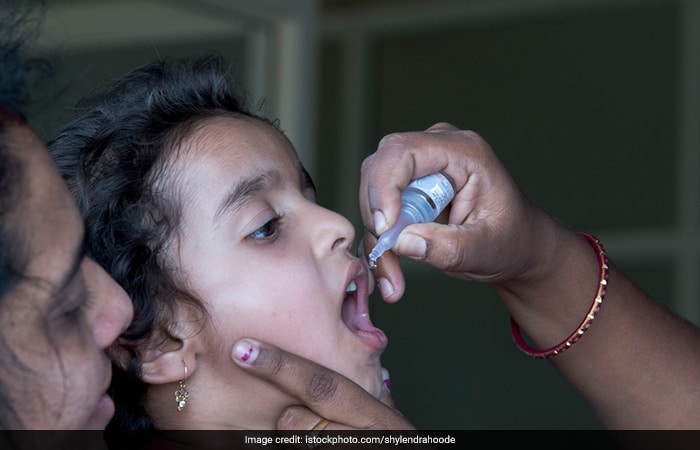
Myth: Vaccines can cause severe side-effects like autism in children and even death
Fact: This is one of the most common myths around vaccines among a lot of people, said Dr Vishal Sehgal, Medical Director, Portea Medical. According to him, autism has been falsely linked with some vaccines MMR (Measles, Mumps, and Rubella) vaccine but a number of studies have been undertaken that have proved that there is no association between immunisation and autism. He said that such rumours get wind because in most cases, children are diagnosed with autism around the same time as their immunisation schedule. He further asserted that vaccinations do not cause any fatal disease or death. Side-effects of vaccines are rare and mild that include fever or slight pain in the area where the vaccine was administered but these wane away soon, he said.
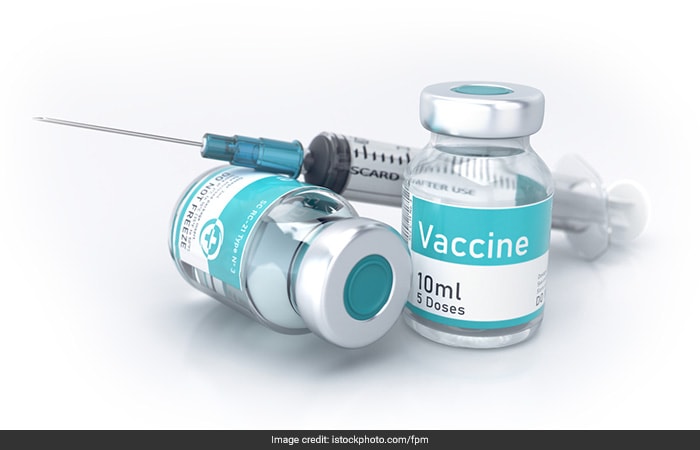
Myth: Multiple vaccines increase the risk of side-effects
Fact: Dr Sehgal said that getting multiple vaccines at one time is safe and effective and does not cause any side-effects. He asserted that parents must follow the vaccine schedule prepared by the paediatrician and should not delay immunisation.
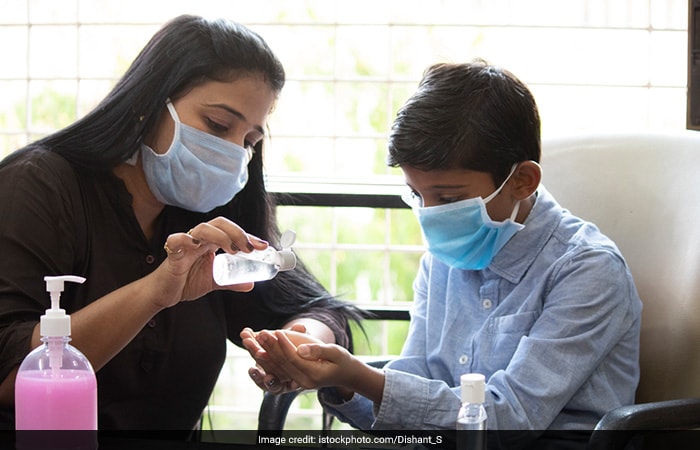
Myth: Vaccines are not required, maintaining proper hygiene is enough to protect from viruses
Fact: Experts say that while maintaining proper hygiene and sanitation will ensure a better standard of life and reduce the risk of infection, it will not protect against such infectious diseases that can spread despite cleanliness and good living conditions. Dr Sehgal said that delaying or denying vaccination will make people vulnerable to a number of infections.
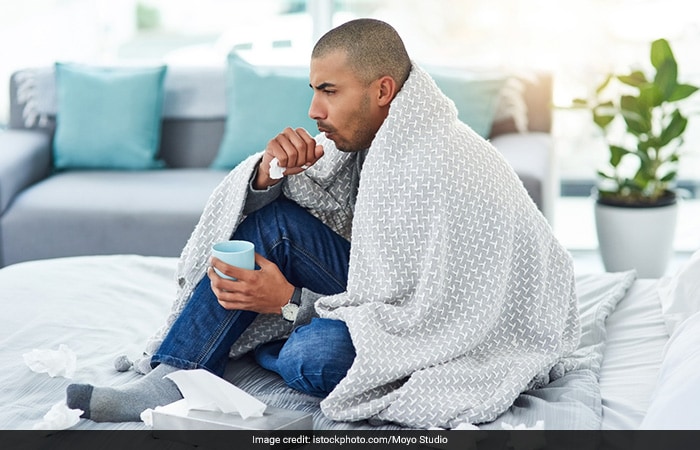
Myth: It is better to get immunity by acquiring the infection naturally as compared to vaccination
Fact: Vaccines trigger the immune response in the body in a similar way to the response produced by natural infection, without putting the health and life of the individual at risk, said Dr K K Aggarwal, President, Confederation Of Medical Associations In Asia And Oceania. He said that the risk in getting immunity through natural infection is high and can be life-threatening.
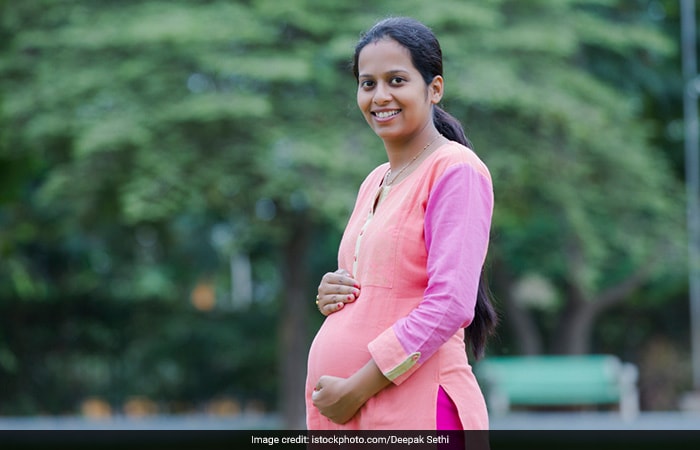

Myth: A baby being breastfed is protected from infections and does not need to be vaccinated
Fact: According to experts, while breastfeeding provides some protection against certain infections like viral respiratory infections, diarrhoea among others, this protection is incomplete. Dr Aggarwal said that breastfeeding is not a substitute for vaccination against a host of viruses that a child gets exposed to every day.
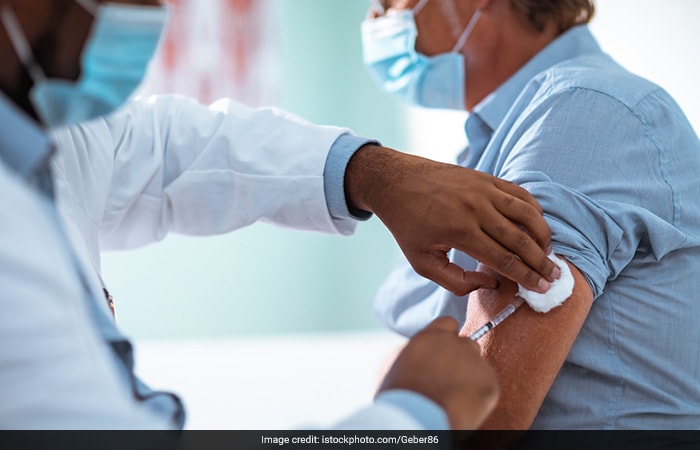
Myths: Adults do not need to get vaccines
Fact: Vaccines are helpful at all stages of life- right from infancy to childhood to adult life and old age, said Dr Sehgal. He added, 'Adult vaccination is not so common in India but it really needs to become a part of our public healthcare system as the adults too need protection from various deadly diseases like human papillomavirus vaccine, hepatitis A and B, pneumococcal among others. Our senior citizens who are very susceptible to pneumonia and must be given the pneumococcal vaccine. Rubella vaccination is given to females who are of reproductive age group. The human papillomavirus vaccine is given to prevent cervical cancer in women. Then there are also travel immunisation which people should take while travelling to other countries. Like Indian citizens travelling to Africa should take the yellow fever vaccine. Similarly, vaccination against disease like typhoid, tuberculosis can be taken while travelling to European countries.'

















